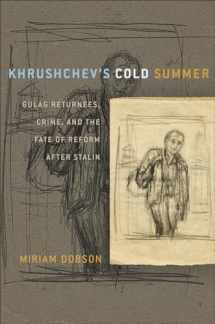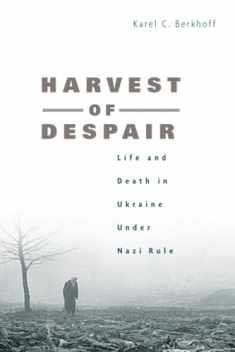
Khrushchev's Cold Summer: Gulag Returnees, Crime, and the Fate of Reform after Stalin
Book details
Summary
Description
Between Stalin's death in 1953 and 1960, the government of the Soviet Union released hundreds of thousands of prisoners from the Gulag as part of a wide-ranging effort to reverse the worst excesses and abuses of the previous two decades and revive the spirit of the revolution. This exodus included not only victims of past purges but also those sentenced for criminal offenses. In Khrushchev's Cold Summer Miriam Dobson explores the impact of these returnees on communities and, more broadly, Soviet attempts to come to terms with the traumatic legacies of Stalin's terror.
Confusion and disorientation undermined the regime's efforts at recovery. In the wake of Stalin's death, ordinary citizens and political leaders alike struggled to make sense of the country's recent bloody past and to cope with the complex social dynamics caused by attempts to reintegrate the large influx of returning prisoners, a number of whom were hardened criminals alienated and embittered by their experiences within the brutal camp system.
Drawing on private letters as well as official reports on the party and popular mood, Dobson probes social attitudes toward the changes occurring in the first post-Stalin decade. Throughout, she features personal stories as articulated in the words of ordinary citizens, prisoners, and former prisoners. At the same time, she explores Soviet society's contradictory responses to the returnees and shows that for many the immediate post-Stalin years were anything but a breath of spring air after the long Stalinist winter.


We would LOVE it if you could help us and other readers by reviewing the book
Book review




